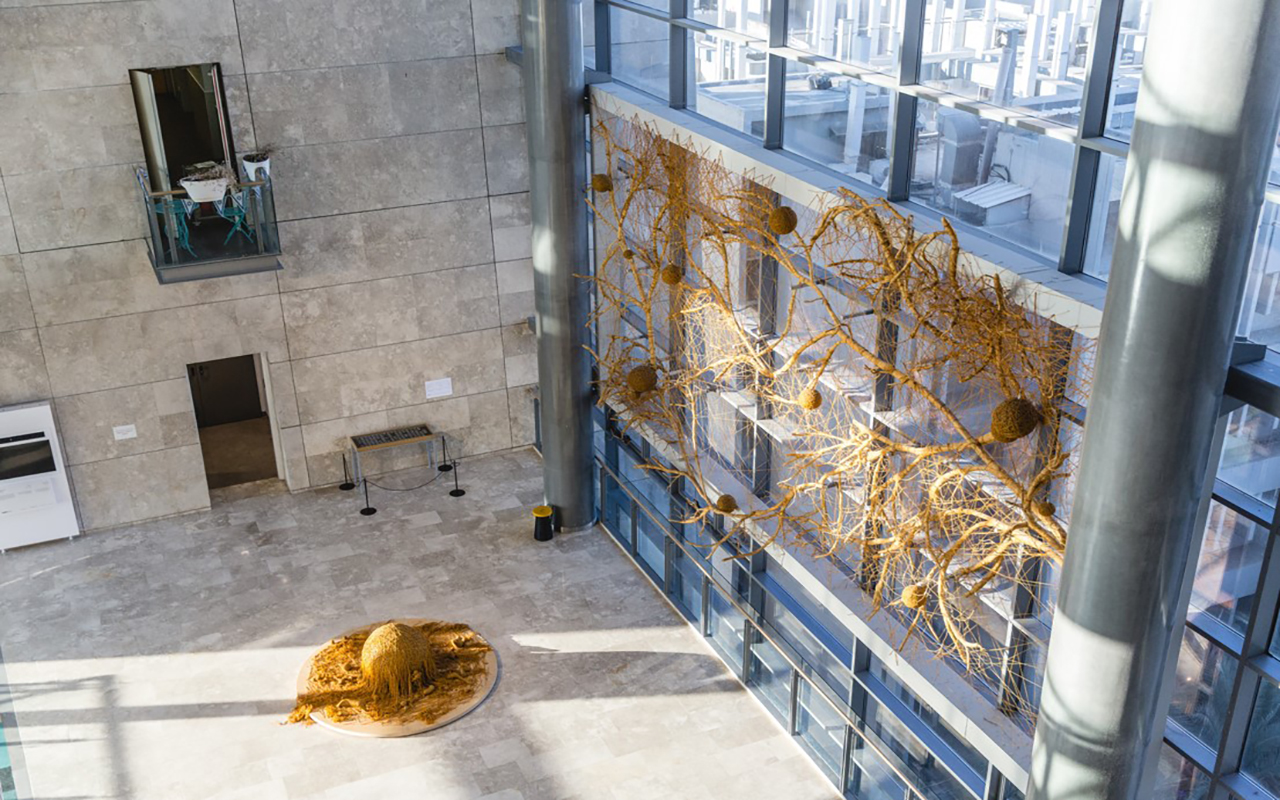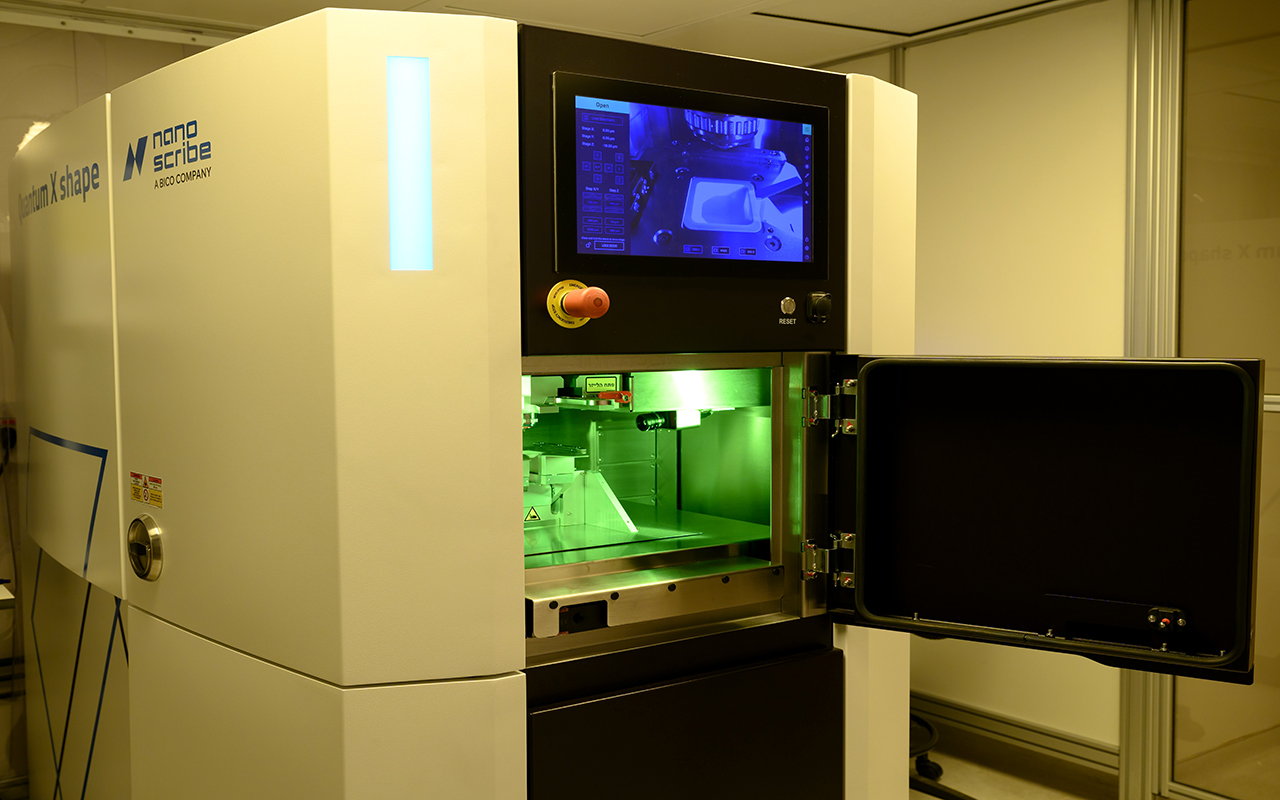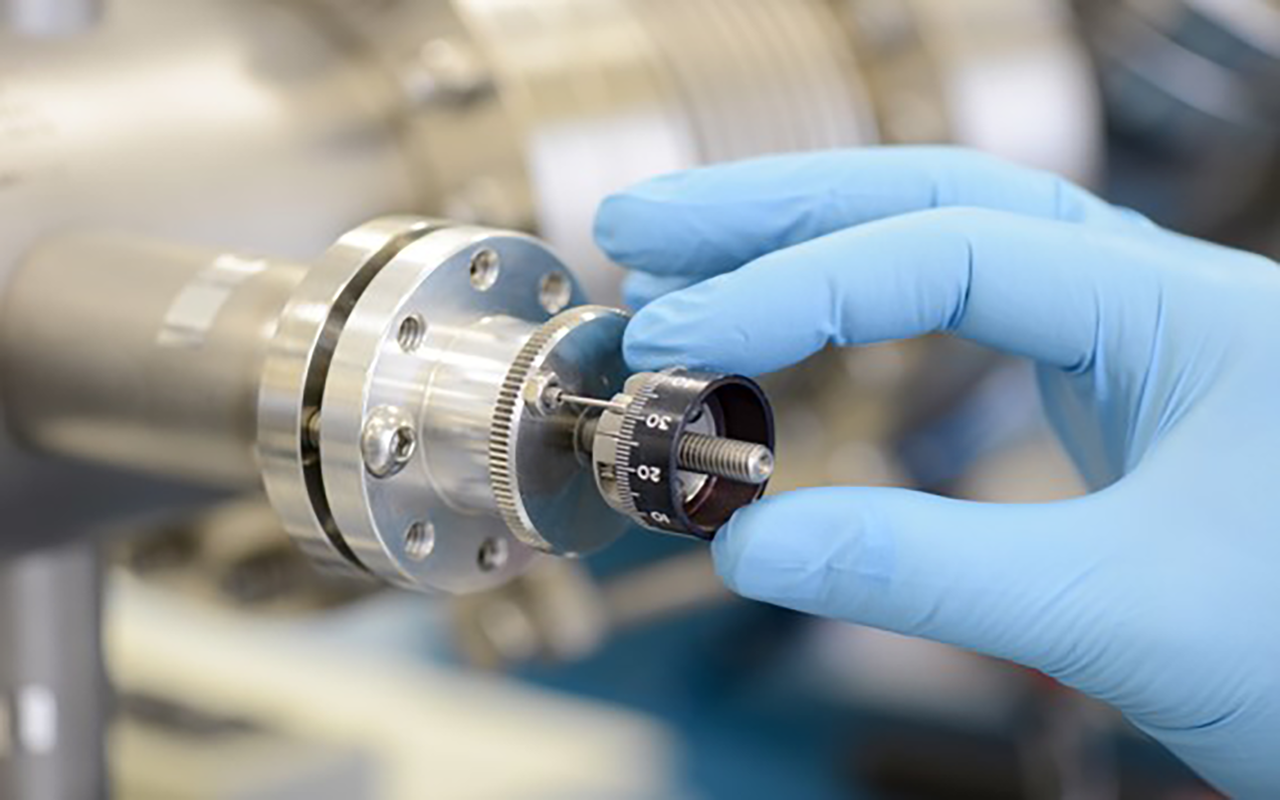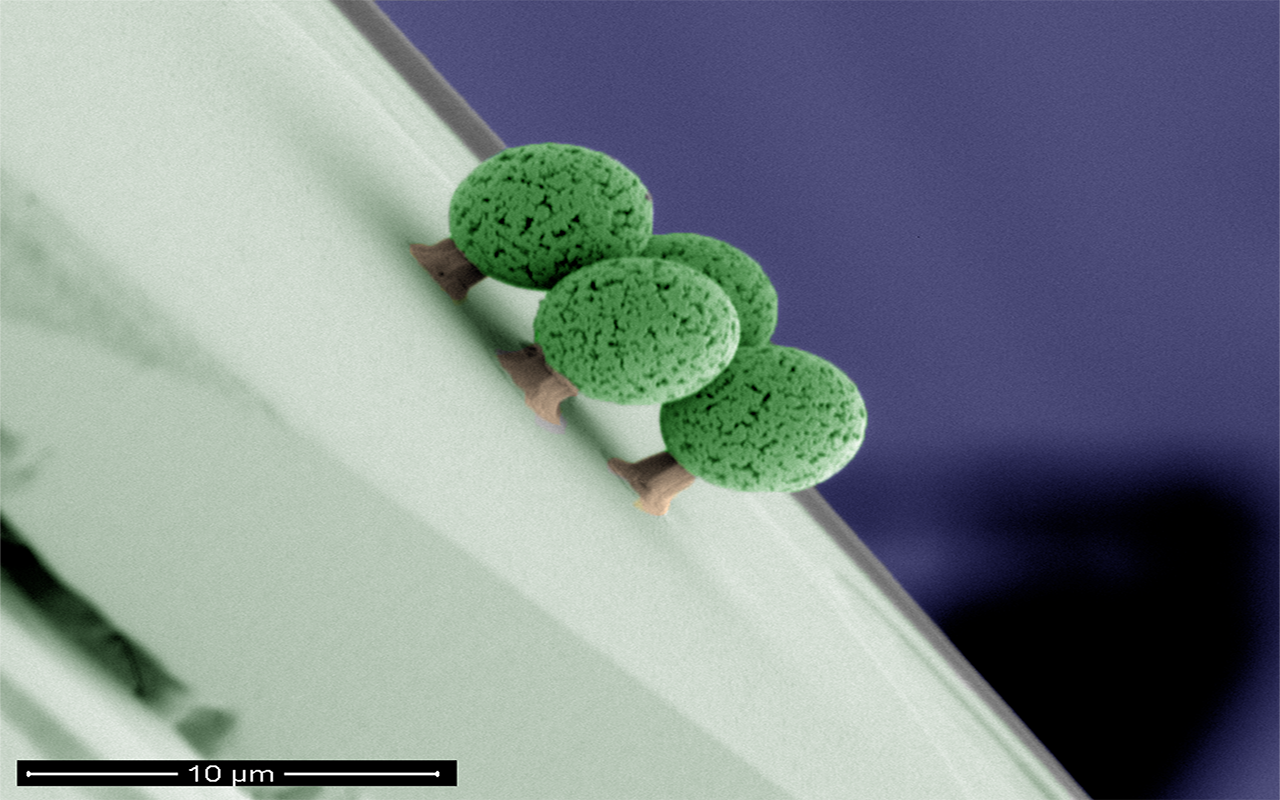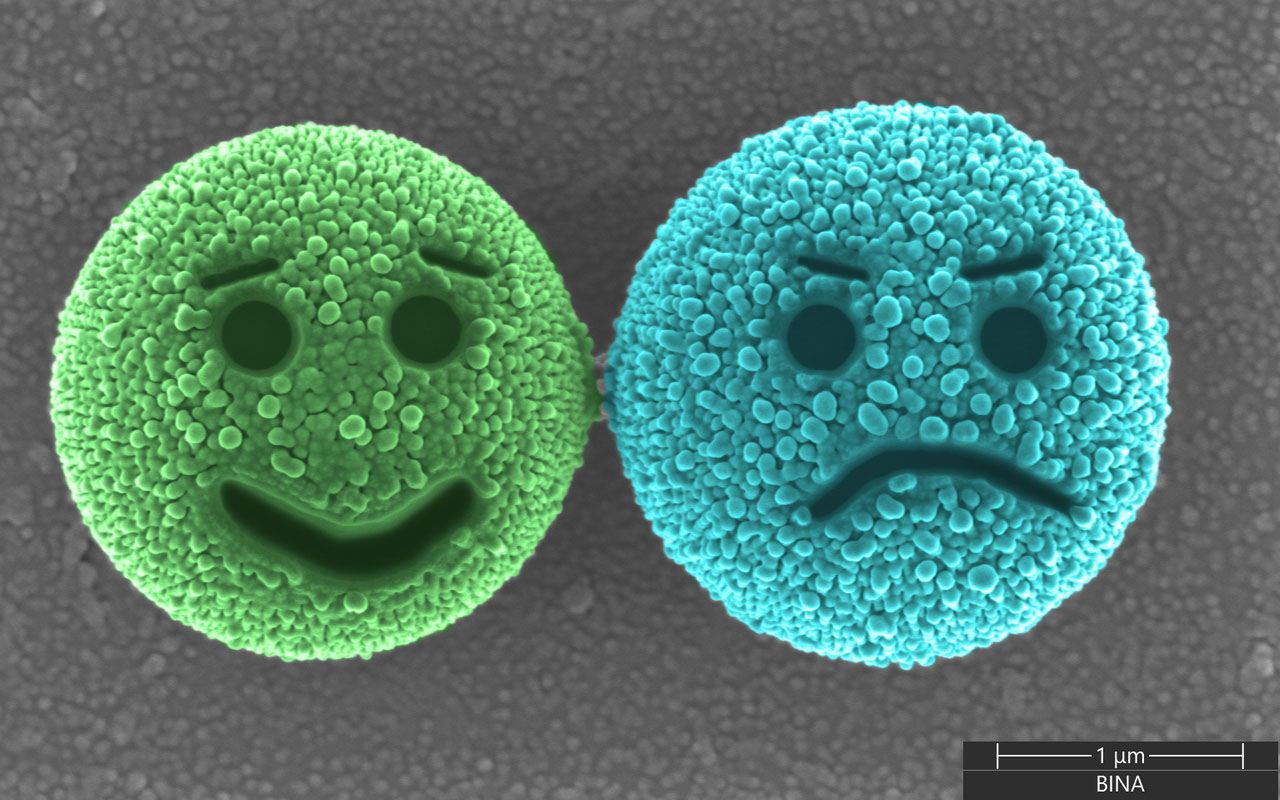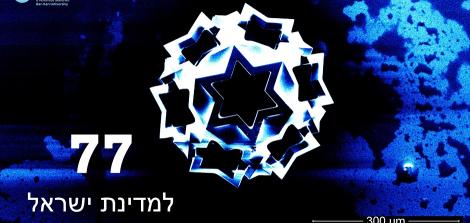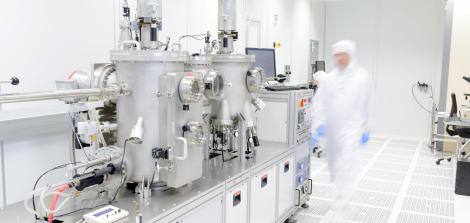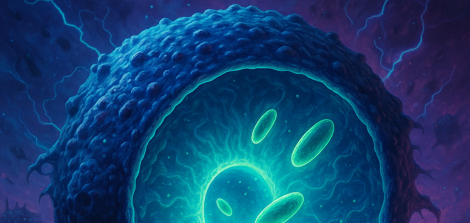• Sex Determination
• 3D Genome organisation
• CRISPR genome editing
• Stem Cell Biology
• Developing in vitro systems to model the gonads
Studying the role of the non-coding genome during sex determination
A main research interest of our lab is to understand, at the molecular level, how sex is determined during embryonic development, i.e., how does an embryo develop into either male or female.
In mammals, sex determination is genetically driven with XY individuals developing as males and XX individuals developing as females. However, if the process of sex determination is impaired, patients appear as XY females or XX males (sex reverse). These are all classified as patients with Disorders of Sex Development (DSD), with a prevalence of 1: 2500-4000 newborns.
During embryonic development, the gonads initially develop as a bipotential organ and it is the activity of several key transcription factors that directs them to develop into either testes or ovaries. In the lab, we use the mouse as a model system and are interested at understanding the regulation of these key transcription factors and how these interact with each other. We also study the role of the non-coding genome in mediating the process of sex determination and DSD pathologies.
We employ cutting-edge techniques to address these questions including CRISPR/Cas9 genome editing, transgenic mice production, advanced sequencing techniques as well as microscopy and molecular biology.
Developing an in vitro model to study the gonads
In an attempt to develop an in vitro system that allows to model the mammalian gonads we use mouse Embryonic Stem Cells (ESC) and develop differentiation protocols towards gonadal cell type of the gonads. In addition, we use similar protocols with Human ESC and induced Pluripotent Stem Cells to model DSD patients in vitro. Furthermore, we perform tissue engineering to model the testis and the spermatogenesis process using these stem cell-derived somatic cells along with germ cells in a 3D culture system.


